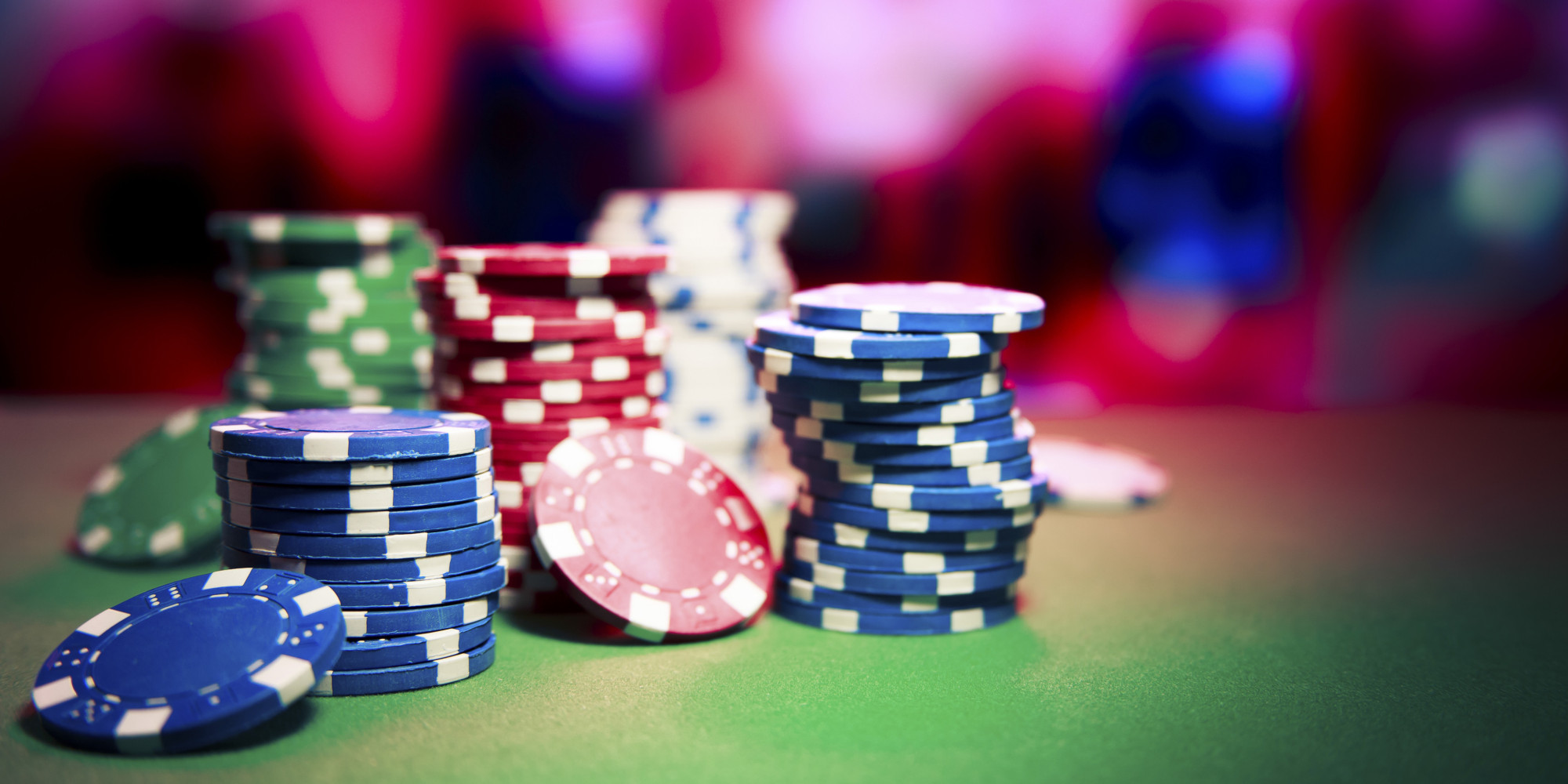
Casino activities have fascinated players for decades, luring them into a universe of thrill, chance, and wealth. From the flashing lights of slot machines to the tactical intensity of card tables, these games offer a distinct mixture of amusement and exposure. However, below the facade of this glitz and glamour lies a sophisticated interplay of math that influences every conclusion and decision made within the casino.
Comprehending this connection between casino games and mathematics merely boosts the gambling experience but may also help gamblers make informed choices. Whether you are a casual punter or a dedicated follower, recognizing the mathematical principles at play can provide important knowledge into probability, odds, and approaches, finally shaping how one approaches these chance games.
Arithmetic Likelihood in Gambling
In the realm of gambling activities, mathematical likelihood plays a crucial role in assessing results and guiding gambler decisions. Every game has a distinct set of regulations and a specific probability model that shapes its mechanics. For example, in games like roulette, players must grasp the probabilities of landing a particular number or color. The likelihood of certain occurrences occurring can be computed, and this knowledge can significantly influence betting strategies.
Gambers also need to be aware of the house advantage, which is the statistical advantage that gambling establishments hold over gamblers in the long run. This advantage varies across different activities. In blackjack, skilled players can use tactics to minimize the house edge to as low as one %, while in games like slots, the house edge can be significantly greater. Understanding the casino advantage allows gamblers to make educated choices about which games to participate in and the amount to wager.
Furthermore, probability is crucial in the principle of danger versus reward in betting. Every wager carries a specific danger factor, and gamblers must consider the potential return against that danger. Activities like the poker game require players to not only compute the chances of their personal hand winning but also to evaluate the probabilities of their rivals’ showings. By applying statistical concepts to their strategy, gamblers can improve their chances of success and participate more effectively in the exciting world of gambling games.
Expected Value in Gambling Activities
When talking about gambling activities, one of the basic ideas rooted in mathematics is the expected value. This numerical measure helps players grasp the possible results of their bets over time. In basic terms, anticipated value (EV) calculates the mean amount a player can anticipate to win or suffer per bet if they were to play the activity repeatedly. Each game has its unique EV, influenced by the odds and the house edge, which indicates the advantage that the gambling establishment holds.
For example, consider a activity like the roulette game. The expected value can be derived based on the specific wager made. If a player bets on a single number, the payout is 35 to 1, but the actual chances of winning that bet are 1 in 37 (in European roulette). This leads in a negative expected worth, indicating that, on average, gamblers will lose money over a period when playing this kind of wager. Understanding this idea allows gamblers to make better informed decisions about which games and bets may be more favorable.
Additionally, the exploration of expected worth can lead to improved bankroll management. Players who understand the math behind their games are often able to set practical goals. By acknowledging their potential losses and profits, they can adjust their playing strategies appropriately, which may enhance their overall gaming experience overall. As a consequence, anticipated value serves as a crucial tool for both novice and seasoned players to steer through the frequently unpredictable character of casino activities. https://bandkpower.com/
Approaches and Odds: The Math Behind Winning
In casino games, grasping the odds is vital for players looking to enhance their chances of winning. Each contest has its own distinct set of odds that dictate successful performances, and these statistics are often presented in the gaming regulations or payout schedules. For case, in activities like blackjack, players can improve their probabilities through strategies such as tracking cards, which depends on arithmetic concepts to gain an edge over the house. By educating themselves with the chances, participants can make more educated determinations on when to place bets and when to give up.
Moreover, the principle of average value has a critical function in gaming tactics. Average outcome calculates the mean outcome of a wager over the long run, allowing players to judge whether a particular wager is valuable taking. For example, fruit machines have a fixed return percentage, which can indicate the average return a participant can expect on their bets. By opting for activities with greater average outcomes, gamblers can reduce the house edge, boosting their possible rewards in the over time.
Finally, successful participants often adopt a mix of chance and mathematical strategy to boost their gaming experience. While chance is unpredictable, managing a wagering approach based on calculative ideas can lead to more favorable outcomes. By employing techniques such as bankroll management and picking games, participants can utilize math to maneuver through the unpredictable nature of gaming, making the most of their time and money at the casino.